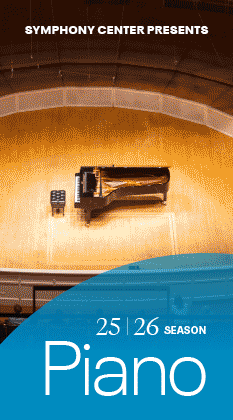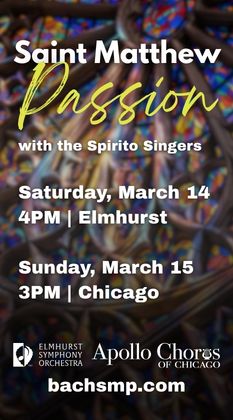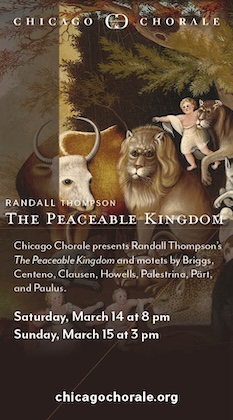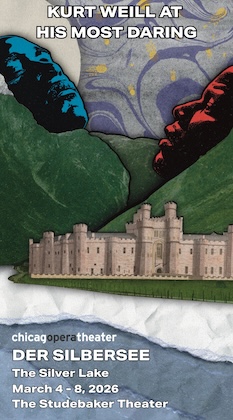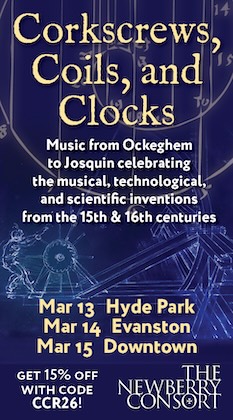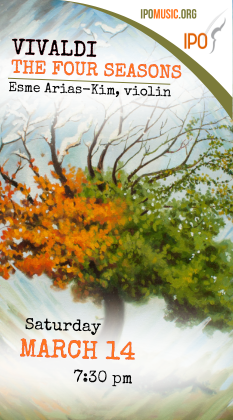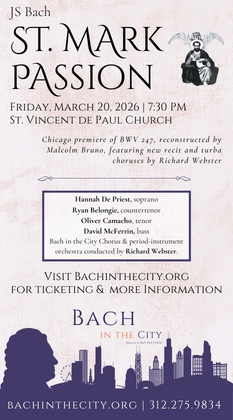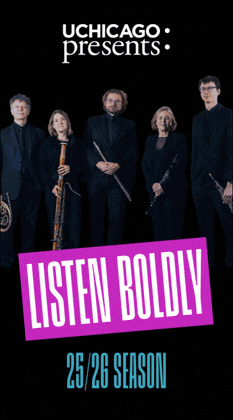Bell, Guerrero serve up a summer music highlight with GPO
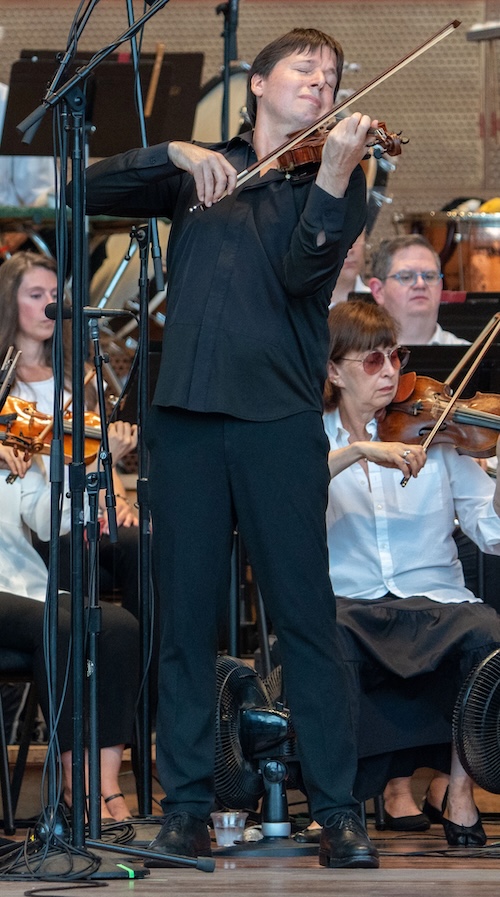
“Seldom Performed Works Written for Pablo de Sarasate” may not seem like the most auspicious (or pithy) subject for a mini-festival. But such items have, in fact, provided consistent highlights this summer with the Grant Park Orchestra. Last month Paul Huang gave a superlative account of Bruch’s Scottish Fantasy, written for the Spanish violinist in 1880.
And on Wednesday night, celebrated violinist Joshua Bell drew one of the largest Pritzker Pavilion crowds of the season for his stellar performance of Lalo’s Symphonie espagnole under artistic director Giancarlo Guerrero.
Bell projected the virtuoso spirit of Lalo’s once popular work from his first declamatory statement, then brought a more delicate air to the Allegro non troppo’s gentle second theme without indulging in schmaltz. His effortless acrobatics in the ensuing Scherzando were fully in the service of the music’s sultry expression, his casual left-hand pizzicati at the end conveying a sense of Iberian ease.
Performers often omitted Lalo’s central Intermezzo until the middle of the last century, perhaps because the work’s five movements can feel similar. Bell’s laden G-string bow strokes and extroverted arabesques made one glad for its now-customary inclusion. The Andante opened with a somber chorale from the GPO brass, after which Bell inventively charted the path from its initial mournful strains to more rhapsodic flights of fancy.
Bell skipped coyly through the Rondo finale, its technical demands all but an afterthought as he maintained a basic sense of playful flirtation. Here as throughout Guerrero led a responsive and characterful accompaniment, and the precipitously high final violin passage was thrilling to hear before he and Bell brought the work to its forceful close. The applause was roaring, though Bell took the stage for his fourth curtain call without his violin, politely conveying there would be no encore to follow one of the finest solo outings of the Grant Park season.
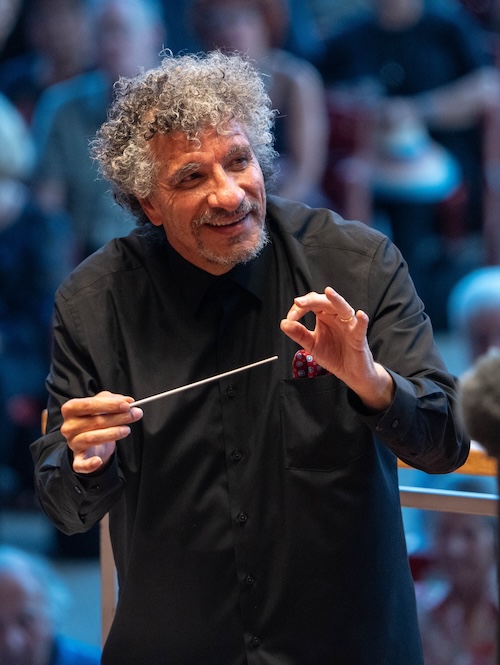
The evening led off with Franz von Suppé’s Poet and Peasant Overture. This music was attached to several stage productions before finding a home as the curtain-raiser for a comic tale of a lovesick city poet’s antics in the country. A bucolic brass statement set the stage for the ensuing antics, and principal cello Walter Haman sang an eloquent, extended strain capturing the poet’s melancholic yearning. Guerrero was fully in sync with the overture’s winking sensibility and captured many unexpected subtleties with his evocative left hand.
Tchaikovsky’s ubiquitous Romeo and Juliet Fantasy-Overture closed the night. The opening was marred by the crowd getting resettled after Bell’s performance and announcements crackling loudly over security walkie-talkies. Yet the atmosphere soon quieted and one could appreciate the sense of sage foreboding Guerrero cultivated in Friar Laurence’s music. He began the conflictual episodes depicting Montague-Capulet strife with room to build, deftly avoiding the potential of these passages sounding hectoring by emphasizing their longer lines rather than the surface fireworks.
Guerrero similarly began the famous love theme in a somewhat hesitant fashion, leaving space for it to blossom into its full cinematic sweep. The three themes combined in the sepulchral coda, Guerrero leading an austere reflection on the drama that had unfolded before the final apotheosis.
The Grant Park Orchestra performs Britten’s The Building of the House, Higdon’s The Singing Rooms, Lera Auerbach’s Icarus, and Stravinsky’s 1919 Suite from The Firebird 6:30 p.m. Friday and 7:30 p.m. Saturday at the Pritzker Pavilion. grantparkmusicfestival.com
Posted in Uncategorized
